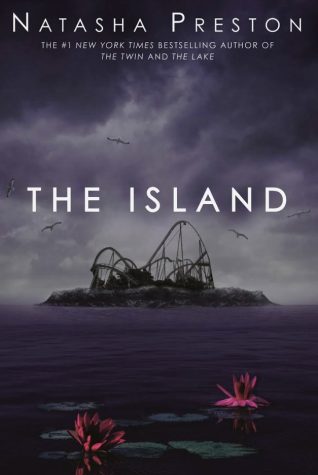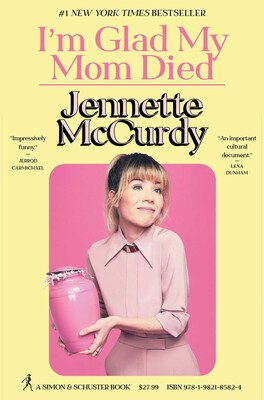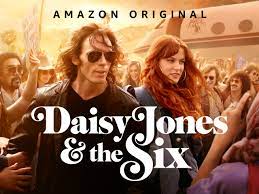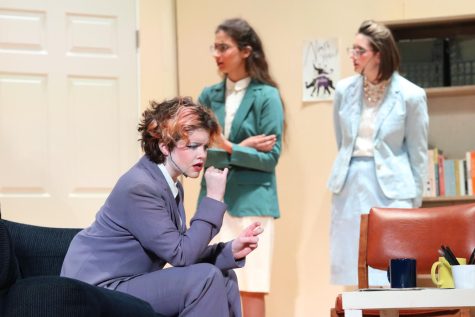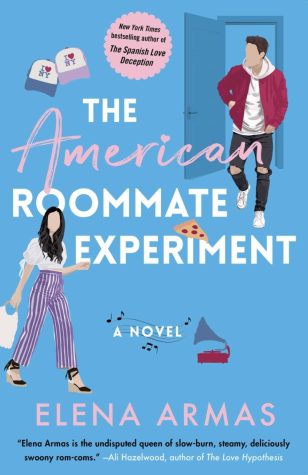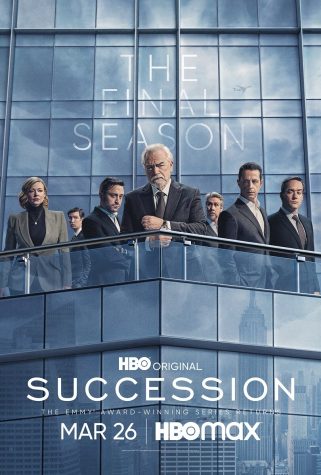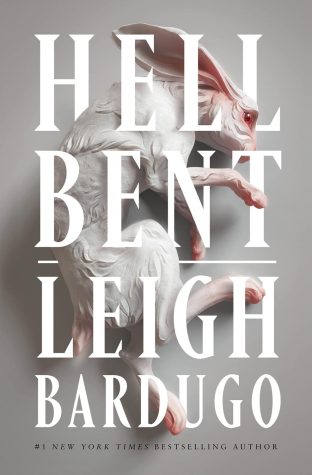Best Picture winner ‘Coda’ is refreshing and memorable
May 16, 2022
There are many problems in Hollywood regarding representation, especially in regards to using world-renowned actors to represent a community that they do not identify with. More often than not, popular faces are used to appropriate minority groups such as the LGBTQ+ community and people with disabilities. However, “Coda,” which won the Academy Award for Best Picture, depicts the lifestyle of a family where almost everyone is deaf and, refreshingly, uses actors who are deaf.
“Coda” follows the life of 17-year-old Ruby Rossi (Emilia Jones), who is the only hearing person in her family. She acts as an interpreter for her mother, father and brother who are all deaf. Ruby plays an integral role in her family’s fishing business, as she communicates with the other fishermen on behalf of her father, Frank Rossi (Troy Kotsur). However, because of the immense amount of pressure, Ruby begins to question the responsibilities expected of her and decides to pursue her passion for music by joining the school choir.
Throughout the film, many perspectives are captured, and it’s easy for the viewers to feel empathetic to everyone involved in the Rossi family dynamic. By viewing Ruby’s life and experiences, we get unique insight on the complicated relationships she has with herself and the other characters. Although “Coda” is meant to depict Ruby’s experiences, I couldn’t help but become fascinated with all of the characters in the movie.
Ruby’s mother and father, Jackie Rossi (Marlee Matlin) and Frank Rossi, are determined to keep their daughter from leaving home because of their dependency on her as their interpreter. However, in an effort to keep her close, Jackie and Frank push Ruby away and unknowingly foster her growing desire to seek a future in singing.
Despite their unique circumstances, the relationship between Ruby and her parents is all too relatable; as parents watch their children grow up, they can’t help but try to latch on a little longer, while their kids become distant as they are attempting to discover themselves as young adults in the world. Ruby feels an incredible amount of pressure from her parents, which only urges her to want to move away.
Leo (Daniel Durant), Ruby’s older brother, wants to build his own identity and become independent from his sister. He encourages his sister to branch out and find her purpose in life so he can prove that he is self-sufficient to his family, coworkers and most importantly, himself.
In many ways, Leo and Ruby are very similar because they are developing their own separate identities from their family. The only difference is that Ruby is striving to be more than just an interpreter, while Leo wants others to see past his disability.
As Ruby is trying to find herself through her zeal for singing, she meets her choir teacher, Mr. Villalobos (Eugenio Derbez). Their mentor-apprentice relationship is very heartfelt because, for the first time, the viewers see someone who believes in the possibility of turning Ruby’s dreams into reality. As the movie progresses, we see all sides of Mr. Villalobos, and even though he seems harsh in the beginning of the film, he soon sheds his facade and reveals himself as a dedicated and caring teacher.
Through his mentorship, Mr. Villablobos is a role model teacher; his passion for teaching as well as his compassion for his students is inspiring. The relationship he has with Ruby can resonate with anyone who has connected with and been impacted by a teacher.
In her choir class, Ruby meets Miles (Ferdia Walsh-Peelo); I use the word “meets” loosely because Ruby had been admiring him from afar for a few months and in fact built up the courage to join choir because of Miles. After being paired up by Mr. Villablobos as duet partners, Ruby and Miles are faced with overcoming their awkwardness so they can perform at the showcase.
To be completely honest, I thought the romance between Ruby and Miles was unnecessary. There wasn’t enough time to let their relationship fully blossom, which left their storyline feeling rushed and underdeveloped.
Although the acting wasn’t always the best, the writing and plot of this movie were absolutely brilliant. I laughed, cried and felt all the emotions of all the characters. The storyline was interesting and eye-opening with the unique diegesis and complex web of characters. By the end of the movie, I felt that I had connected with almost every single character.
Not to mention, I found it refreshing to see the deaf community represented in Hollywood through characters excellently portrayed by deaf actors. In industries across the board, there is an inadequate amount of representation, and while it is improving, more can still be done. “Coda” winning an Oscar for Best Picture is truly a turning point in Hollywood and sets a precedent for greater minority representation in the film industry. This movie certainly deserved the Academy Award not only because of the hilarious writing and engaging narrative, but also due to the relatable and compelling characters.
There was never a dull moment on the screen, and the teen drama did not fail to impress. Despite the slight corniness, “Coda” was overall wholehearted, witty, and enjoyable to watch.



